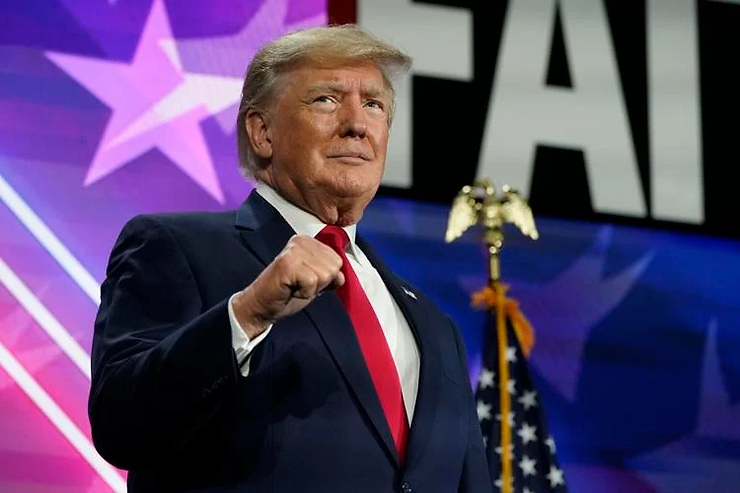By: Katie Ma
Donald Trump faces criminal allegations in regard to his involvement in the January 6, 2021 Capitol riots and an attempt to overturn the results of the 2020 election.
On January 6, 2021, a mob of supporters of former President Donald Trump stormed the Capitol Building. Their goal was to “hold their elected officials accountable for the obvious signs of criminal activity throughout the whole election,” stated Mr. Trump himself. Mr. Trump was impeached by the House of Representatives for the incitement of the riots.
After the incident, Trump was under scrutiny for quite some time, allegedly having schemed with his Vice President Mike Pence to overturn the election results as well as pressuring Georgia officials to change the outcome of the election in the state. He reportedly took classified documents with him after leaving office.
According to Federal Judge David Carter, Mr. Trump and his lawyer John Eastmen have most likely committed felonies– conspiracy to defraud the US and obstruction of a congressional proceeding.
However, any prosecution would have to prove that Mr. Trump did all these things with ill intent and not because he truly believed that the election results were falsified. A prosecutor would have to show that he knew his beliefs on the election were not constructed on concrete evidence.
“The problem with Trump is that you have to try and get inside his mind, and he has such a history of lying and pushing falsehood that makes it difficult to determine what he really believes,” says Daniel Zelenko, a partner at Crowell & Moring.











